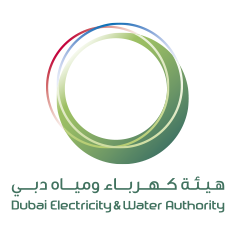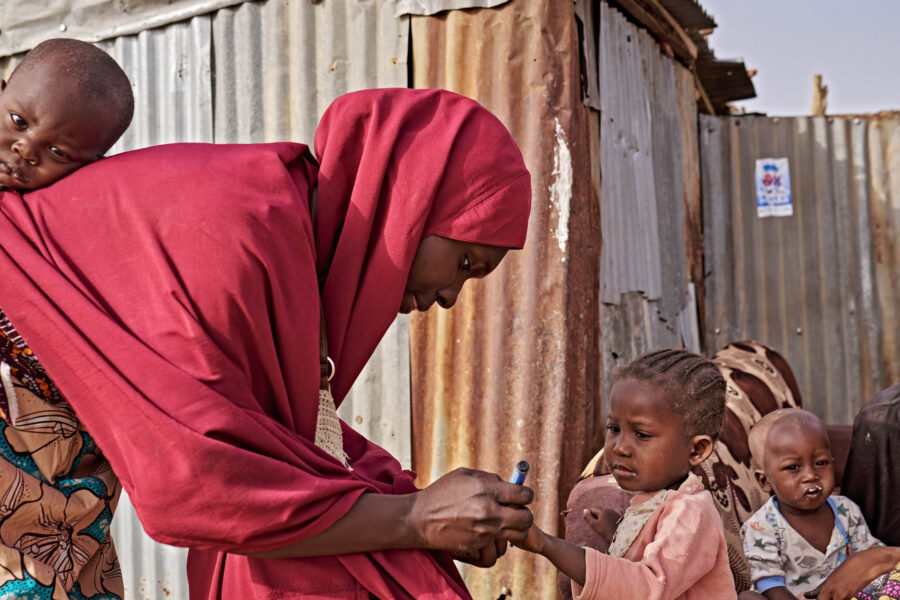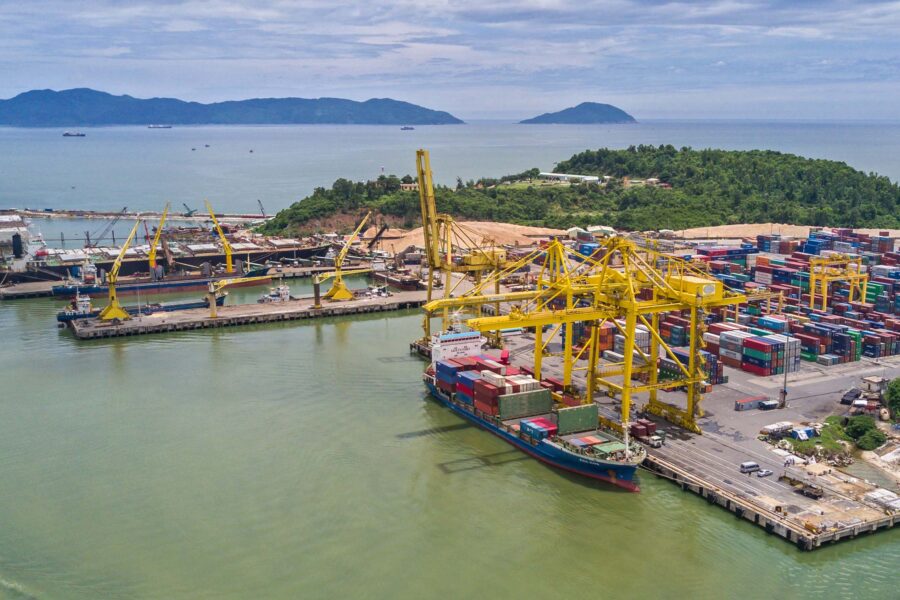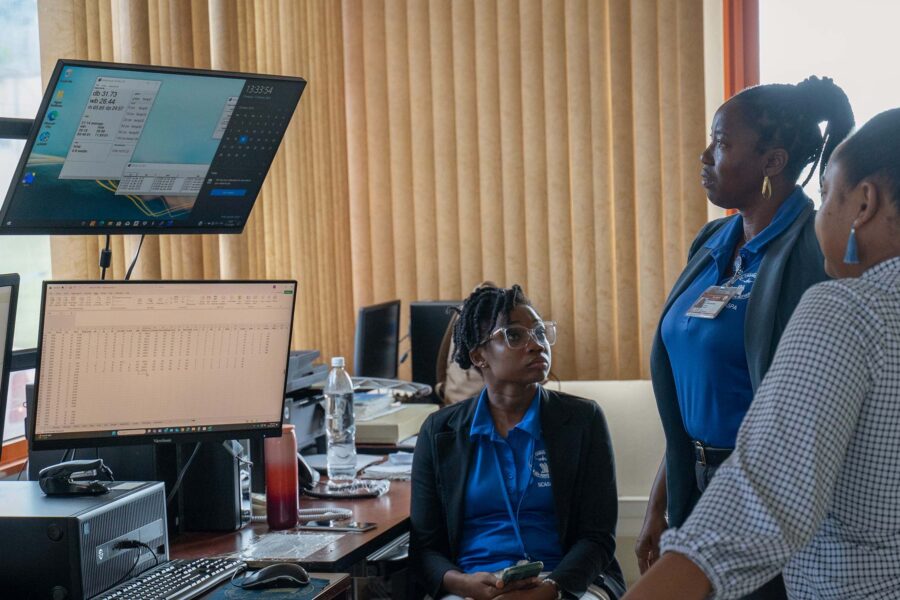Multipronged action on the SDGs
Dubai Electricity and Water Authority (DEWA) is undertaking a combination of pioneering projects in the UAE’s Hatta region, which exemplify its holistic approach to the SDGs
Energy — Middle East and Northern Africa

The vision of the United Arab Emirates’ wise leadership is to achieve sustainable and comprehensive development across the Emirates. DEWA is a leading force in fulfilling this vision in the Emirate of Dubai.
To this end, DEWA is implementing major initiatives and projects to diversify sources of clean energy production. This includes photovoltaic solar panels, concentrated solar power, pumped-storage hydroelectric power plant, and a pilot project to use green hydrogen using renewable energy. DEWA is also implementing pioneering projects in Hatta, an inland exclave near the Hajar Mountains. Through these projects, DEWA aims to enable social, economic, and environmental development across the region.
At the heart of the Hatta development is a hydroelectric facility that will provide resilience for the country’s energy systems and extend its renewable generation capacity. DEWA’s ambition is to advance multiple Sustainable Development Goals (SDGs) with complementary projects. It surpasses the specifications of largescale hydro projects elsewhere: it protects and enhances society and the environment.
Construction uses the most advanced technologies, consistent with the local geology and ecology, and adhering to the strictest international environmental standards. The development will also provide innovative job opportunities for the region’s citizens, and enhance community happiness and wellbeing.
Hydroelectric power plant in Hatta
Construction work on Hatta’s new hydroelectric pumped-storage power plant, due to open in 2024, is now 44% complete. The plant has attracted investment of around AED 1.421 billion (USD 386 million), and will be the first plant of its kind in the Gulf region. It will boast production capacity of 250 megawatts, storage capacity of 1,500 megawatt hours, and turnaround efficiency of 78.9%.
The plant will utilise the potential energy of the water stored in its upper dam, 150 meters above the Hatta Dam. The water from the upper dam is converted to kinetic energy as it flows through the 1.2 kilometer subterranean tunnel. The water rotates the turbine, converting mechanical energy to electrical energy, which is then sent to the DEWA grid. Then, clean energy generated at the Mohammed bin Rashid Al Maktoum Solar Park pumps the water back to the upper dam. This makes the whole project 100% renewable.
The first 37-meter-high roller-compacted concrete wall at the upper dam has been completed, while work is currently underway on the 70-meter main dam wall. Once open, the plant will have a life span of up to 80 years.
The plant is part of DEWA’s efforts to achieve the vision and directives of His Highness Sheikh Mohammed bin Rashid Al Maktoum, Vice President and Prime Minister of the UAE, and Ruler of Dubai. His Highness’s vision is to achieve comprehensive and sustainable development, and to diversify the clean and renewable energy sources in Dubai to achieve the Dubai Clean Energy Strategy 2050 and Net Zero Carbon Emissions Strategy 2050. The goal is to provide 100% of Dubai’s total power capacity from clean energy sources by 2050. This includes all available technologies such as photovoltaic solar panels, concentrated solar power, and green hydrogen production using renewable energy. The new hydroelectric power plant is also part of the Comprehensive Development Plan for Hatta, launched by His Highness.
Dubai Mountain Peak and Hatta Sustainable Waterfalls
Meanwhile, two related projects – Dubai Mountain Peak and Hatta Sustainable Waterfalls – will offer a unique experience for UAE tourists, showing the beauty of the country’s mountains. The projects include the construction of a 5.4 kilometer cable car, taking visitors over the Hatta Dam lake and the upper dam lake of the new power plant, up to the 1,300 meter summit of Jebel Umm Al Nisour – the highest natural summit in Dubai.
Investing in Hatta’s people and landscape
The projects will provide around 200 technical, administrative, and operational jobs in Hatta. Another 300 jobs are expected to be created by a new visitor center, and other outdoor activities and tourist facilities associated with the projects.
Construction of all these projects utilizes the latest and safest drilling technologies suited to Hatta’s geological features. The projects also adhere to the strictest international environmental standards to protect the Hatta Mountain Reserve.
DEWA and the Sustainable Development Goals
Since 2016, DEWA has made a critical effort to align with the SDGs and support efforts for their effective delivery by Dubai and the UAE. DEWA has prioritized 16 of the SDGs into three tiers of importance. It identified six SDGs as top priority where it can have the greatest impact, these include Goals 6, 7, 8, 9, 12, and 13.
In addition, a key part of DEWA’s contributions to the SDGs is its work in innovation, research, and development. By conducting cutting-edge research for solutions adapted to Dubai’s climate, DEWA is advancing local efforts in this field. It is creating a hub for innovation in renewable energy, diversification, and energy efficiency.
The Hatta development encapsulates all these aspirations and its hydroelectric power plant will be instrumental in Dubai achieving Net Zero by 2050.
About the sponsor

DEWA is a Dubai government owned utility and is the sole provider of electricity and water in the Emirate of Dubai. DEWA’s core business is to operate and maintain the power stations, desalination plants, aquifers, and power and water distribution networks in Dubai.
Innovation is one of DEWA’s five core values and is a recurring theme in its strategy map. DEWA is recognised as a leading pioneer in its adoption of Fourth Industrial Revolution (4IR) practices and disruptive technologies.
For more information, visit: www.dewa.gov.ae





